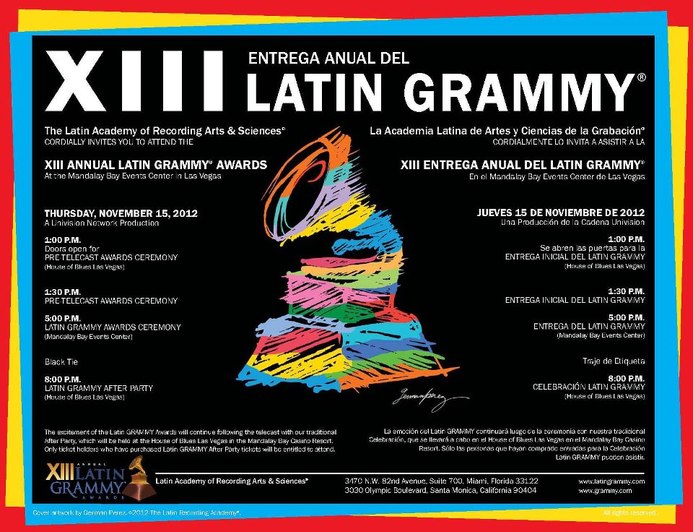
Perhaps finally the music of Paraguay is being introduced to a wider audience in the jazz world. Paraguay belongs alongside the great music of Cuba and Brazil. While Cuba tells of beaches and Havana and Brazil intones of Rio and Carnaval, Paraguay speaks of valleys and rivers and hill villages. In affirming Berta’s album, Paraguay itself is being celebrated as it should be. The Latin Grammy nomination gives ample opportunity for reflection on the struggles and triumphs of the small land-locked nation situated between Brazil, Argentina and Bolivia.
It is a fascinating nation with fascinating people and the most inspiring music, despite the hardships of war, civil war and economic struggle.
Paraguay was a land inhabited by natives speaking the Guaraní language; after Spanish it is the second most spoken language there. Spanish conquerors arrived after Sebastian Cabot ventured there in 1526 and had explored up the Paraná and Paraguay rivers. The Spanish ruled in Paraguay until 1811 when Paraguay gained its independence, forming a republic ruled by two consuls.
Three dictators followed during the first years of independence. The third such dictator was Francisco López who conducted a large-scale war against Uruguay, Argentina and Brazil. The five year period of these wars resulted in the deaths of half the male population of Paraguay.
New constitutions could still not prevent more dictatorial rule. However, after 1912, the economy began to stabilize and political normalization followed.

Alfredo Stroessner was finally overthrown in a military coup led by General Andres Rodriguez in 1989. Rodriguez went on to win Paraguay's first multicandidate election in decades.
The June 1992 constitution established a democratic system of government and greatly improved protection of fundamental human and civil rights. In 1993, Juan Carlos Wasmosy, a wealthy businessman and the candidate of the governing Colorado Party, won a five-year term in free elections. He was the first civilian president in nearly four decades.
In April 1996, Army Chief General Lino Oviedo attempted to overthrow President Wasmosy but the coup was rejected by the people of Paraguay who were supported by the United States and the Organization of American States.
Raúl Cubas Grau was elected president in May 1998. However, in 1999, Cubas was forced from office for his alleged involvement in the assassination of Vice President Luis María Argaña. The vice president had criticized Cubas for failing to imprison Gen. Oviedo, who had been convicted of leading the failed 1996 coup against Wasmosy. Oviedo was finally arrested in 2004 and jailed.
Beginning in 1998, the legislature, the courts and various regional statesmen began an earnest crack-down on corruption in Paraguay.
Luis Ángel González Macchi, who had been appointed as a “caretaker president” after Cubas had resigned in disgrace, was accused of mishandling $16 million in state funds, and in 2006 he was sentenced to six years in prison. A former journalist named Nicanor Duarte Frutos was elected president on August 15, 2003. He inherited a nearly bankrupt country and continued the efforts to end governmental corruption.
On April 22, 2008, Fernando Lugo, a former Roman Catholic Bishop, was elected president of Paraguay beating the Colorado Party's candidate, Blanca Ovelar de Duarte, the former minister of education. Lugo was a proponent of liberation theology and was backed by the liberal party against the long-ruling Colorado party. By 10 percentage points, the people of Paraguay chose a non-politician to lead them.
Under Lugo’s administration in 2010, Paraguay experienced the greatest economic expansion of the South America, with a GDP growth rate of 14.5% by the end of the year. This was in large part because of a economic stimulus plan agreed upon by the president and the legislature. The following year saw a dramatic drop but Paraguay's growth rate still remained high at 6.4%.
During the strife-filled years of economic hardship and political oppression, Paraguay has continued to produce musicians and composers who share a rejoicing in life and love of home. Due to its central location in South America, Paraguay is sometimes referred to as “Corazón de América,” or the “Heart of America.”
Geography aside, there is in the music of Paraguay a beating heart that is inspirational to all of the Americas. Paraguay has suffered so much but has found joy in the music of their hills and valleys and rivers and villages.
Now the people of Paraguay are seeing bright days and a brighter future. The music performed by Berta Rojas and Paquito D’Rivera has revealed the long-hidden beauty. The Latin Grammy nomination for “Día y Medio. (A Day and a Half)” is a signal that the world is listening and is celebrating with Paraguay. A Latin Grammy victory for Berta would be just what Paraguay and the Americas need.
 RSS Feed
RSS Feed
